

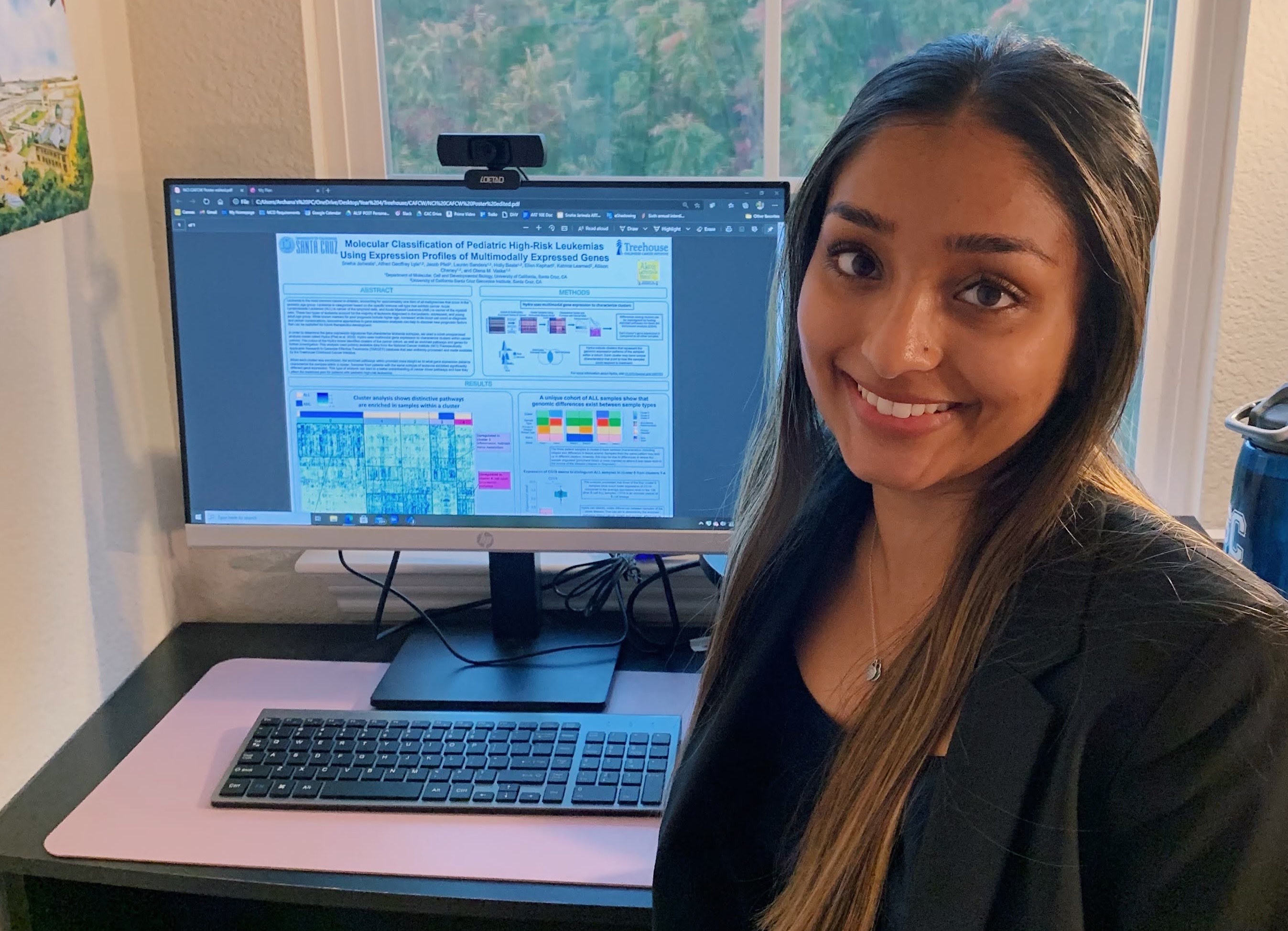
Immersion in childhood cancer research transforms undergrads into scientists—and advocates
The Treehouse Childhood Cancer Initiative is giving 80 students the opportunity to become cancer researchers for a quarter, thanks in part to generous funding from the UCSC Degree-Defining Experiences Program and the Dragon Master Initiative.
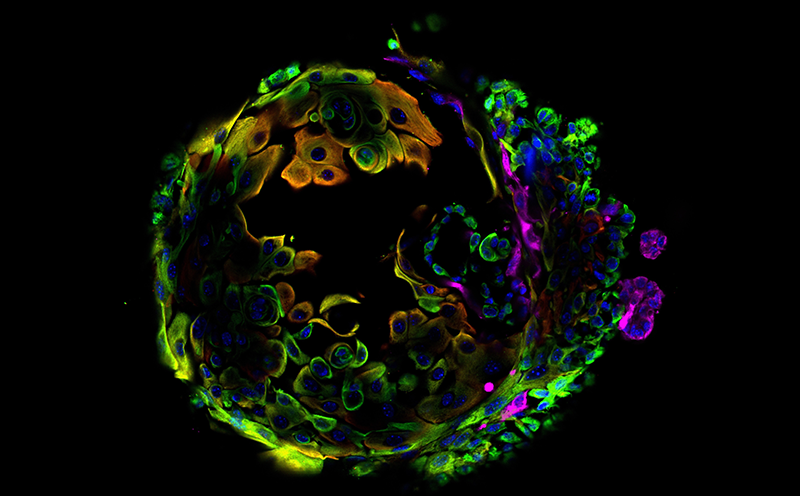
How early pregnancy impacts aging: implications for breast-cancer risk
New study by UC Santa Cruz team discovers that early pregnancy in mice reduces buildup of ‘confused’ cells that could lead to breast cancer later in life
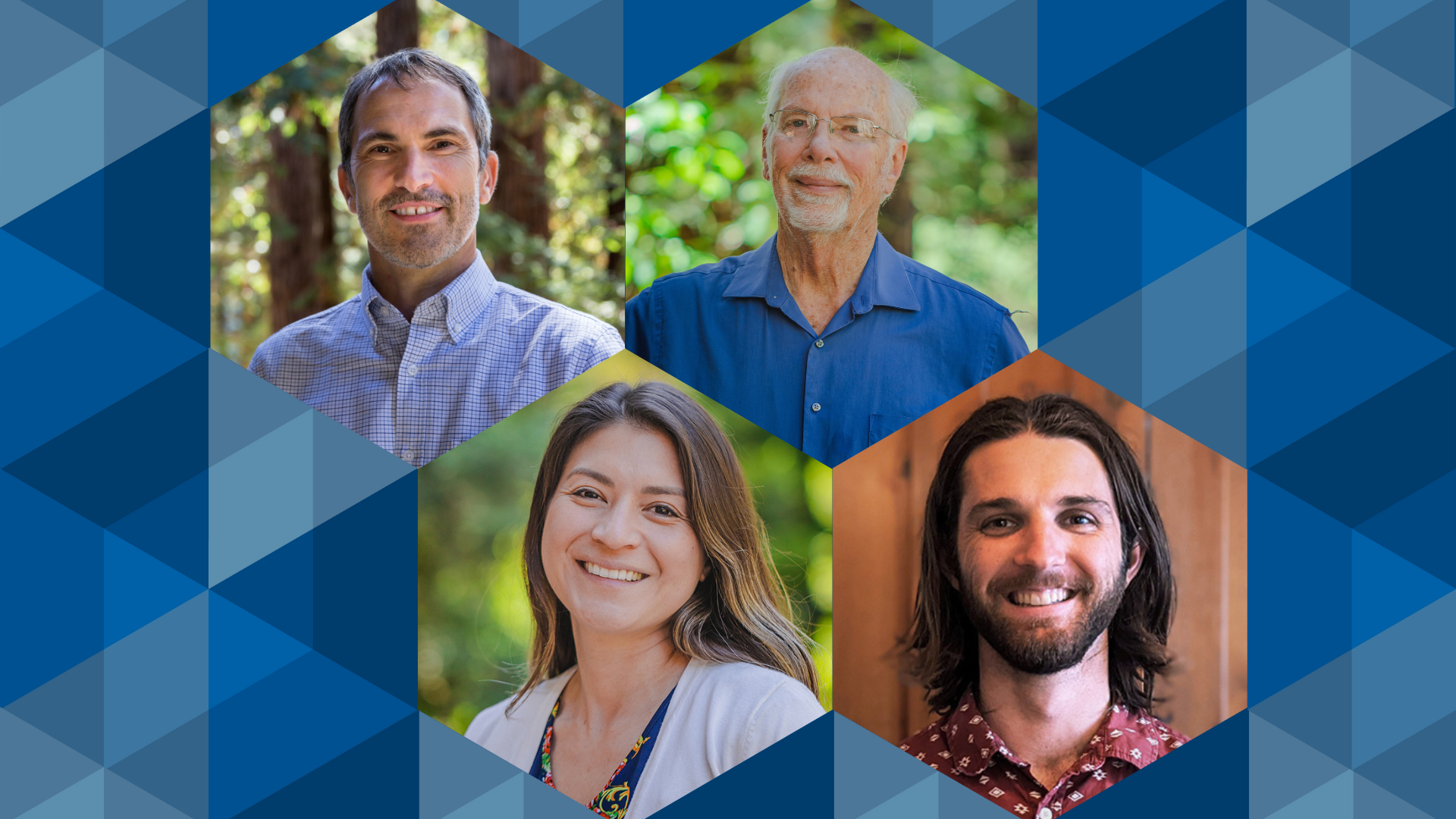
Three UC Santa Cruz professors and one student recognized as Santa Cruz Works ‘Titans’
This recognition celebrates their contributions to the region’s technology, innovation, and entrepreneurship ecosystem.
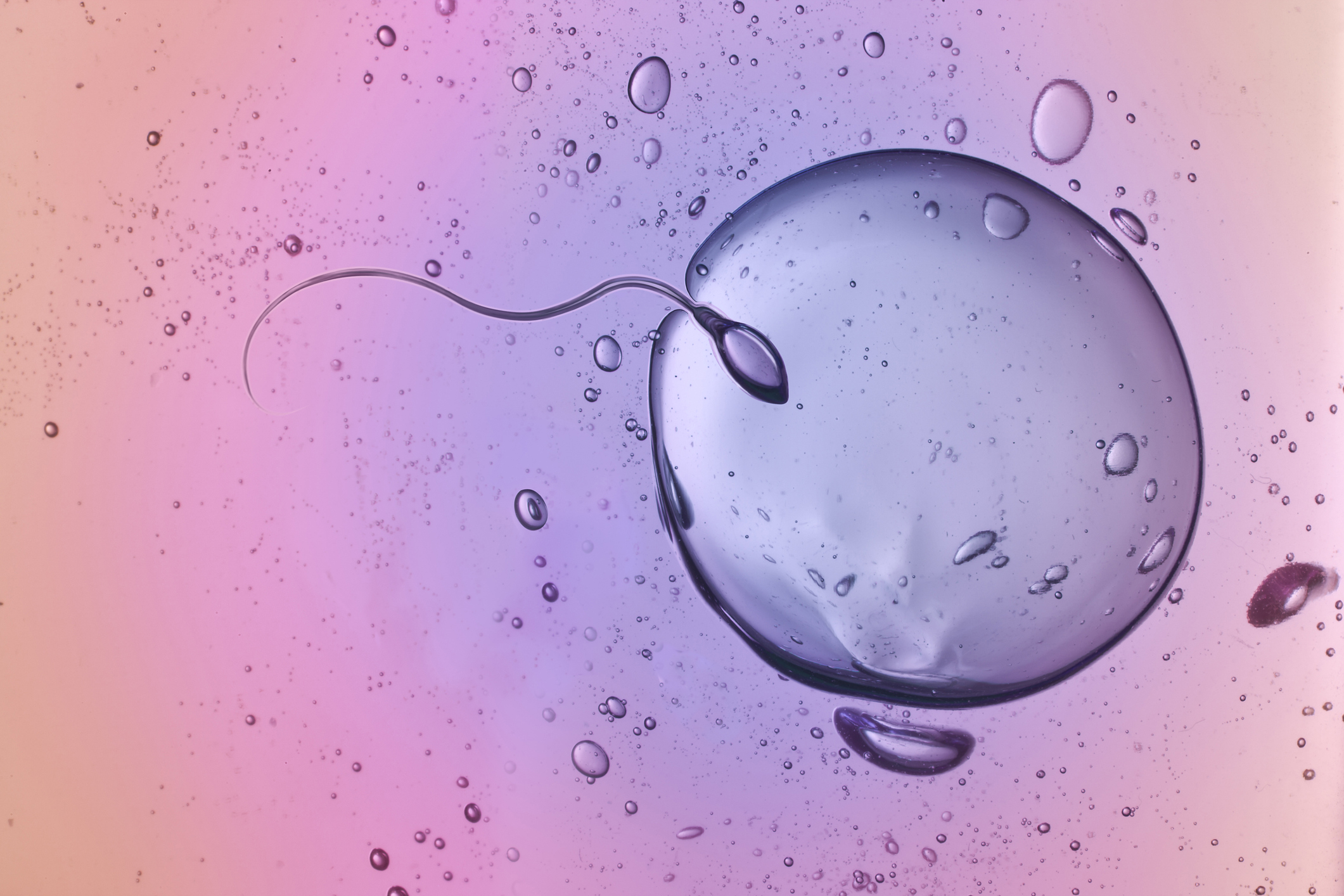
Tiny RNA molecules in sperm, big impact on baby health
Molecular mechanism uncovered in mice by UC Santa Cruz researchers reveals how a father’s diet, stress, and other environmental factors before conception can influence his offspring’s health
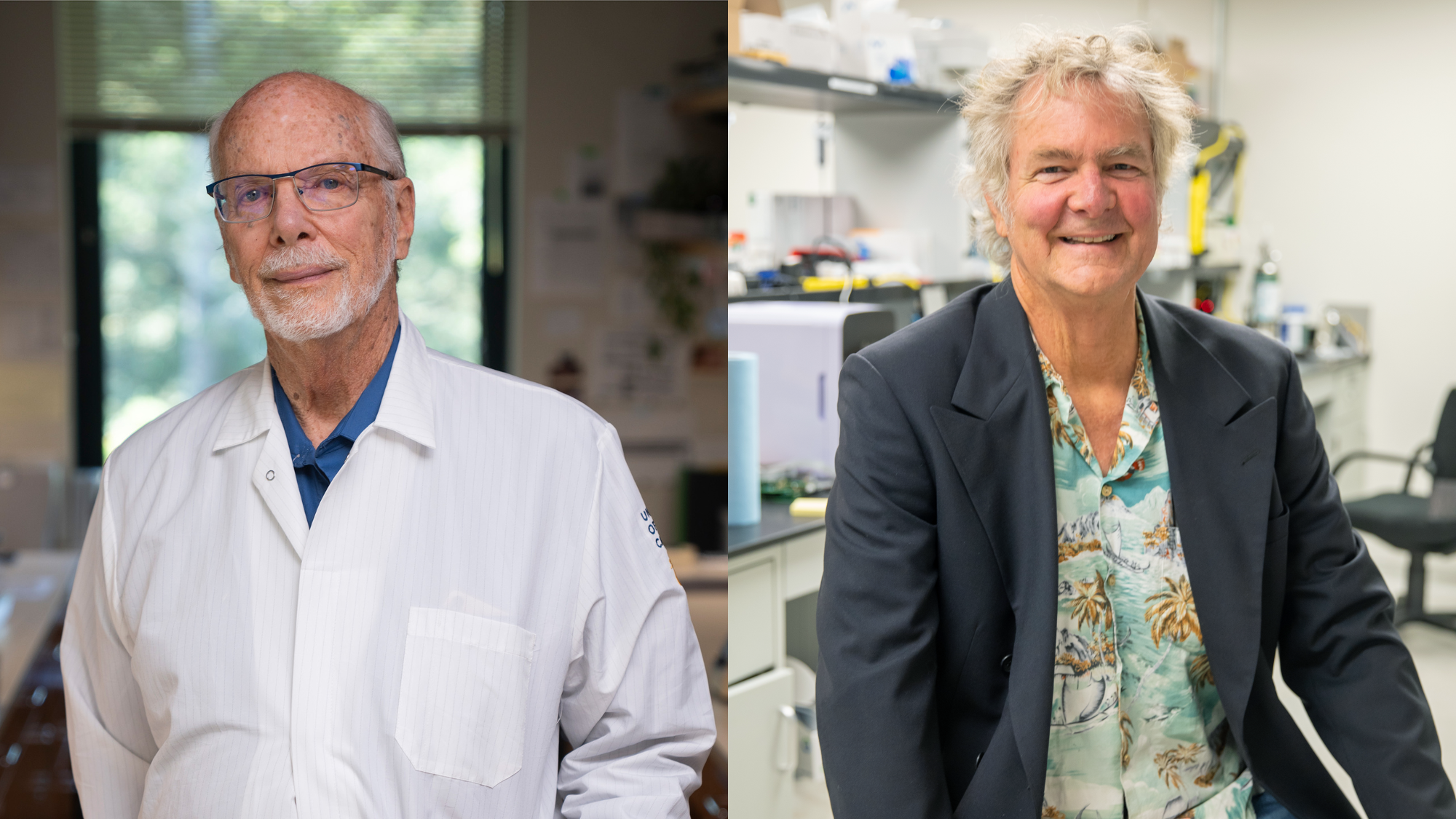
David Deamer and David Haussler elected Fellows of the National Academy of Inventors
The recognition is the highest professional distinction awarded to academic inventors.

White House takes eye off the prize by withdrawing support for medical research
As 2025’s Nobel winners are honored this week, 2009 laureate Carol Greider reasserts the vital role of federal funding in fueling future prize-worthy breakthroughs in health and science
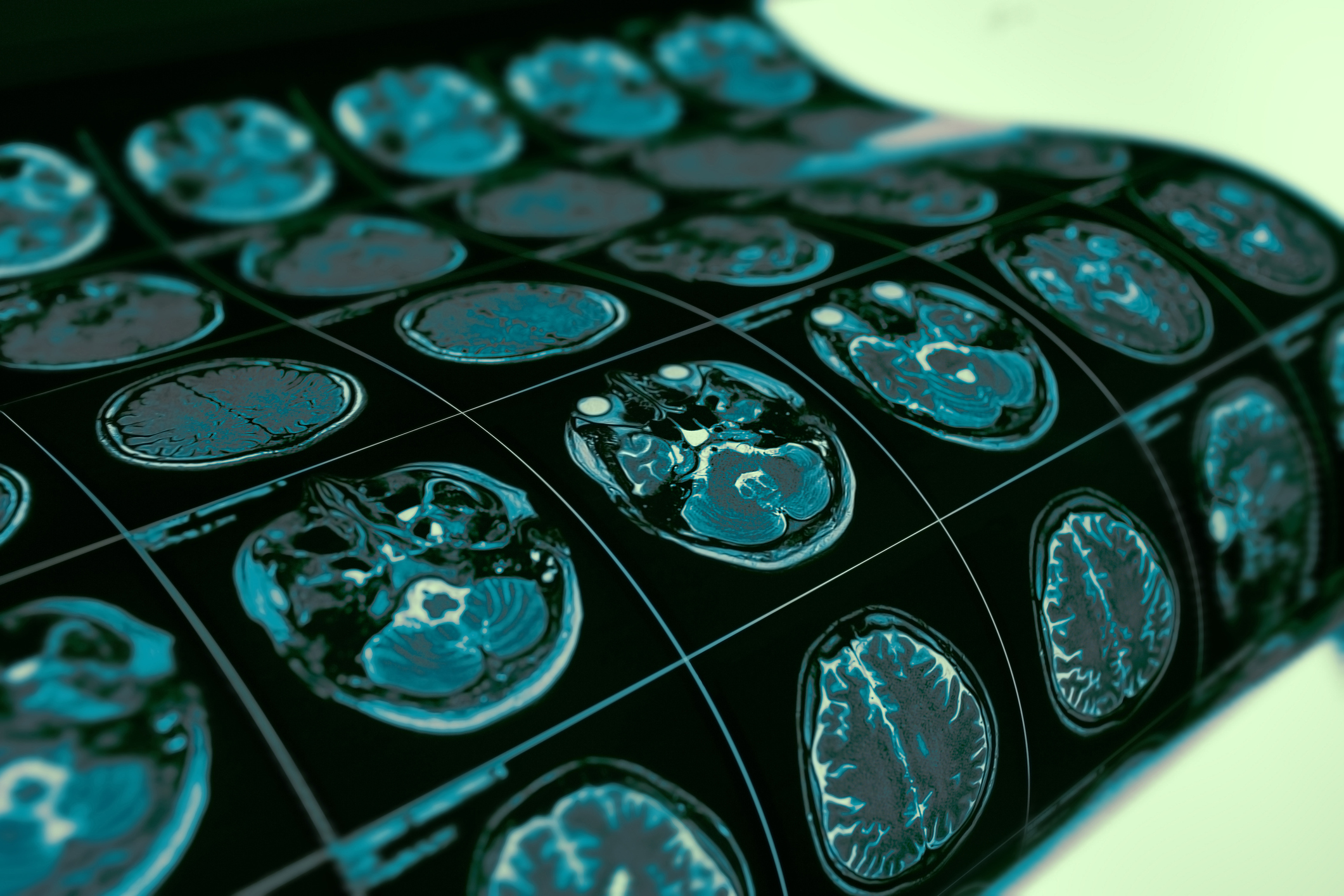
Revealing the secrets of the human brain
UC Santa Cruz research innovations and academic programs advance brain and mental health.

Evidence suggests early developing human brains are preconfigured with instructions for understanding the world
Assistant Professor of Biomolecular Engineering Tal Sharf’s lab used organoids to make fundamental discoveries about human brain development.
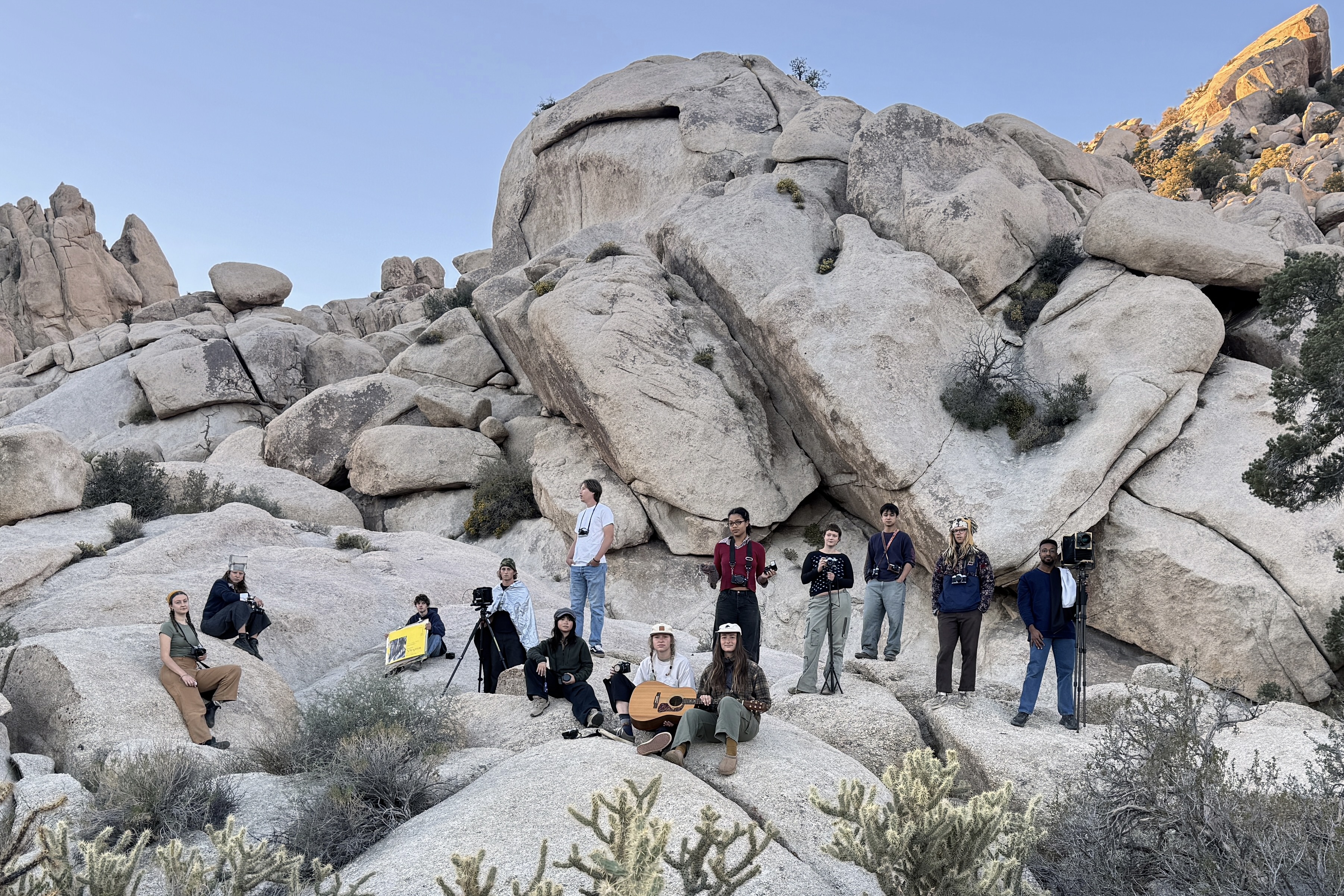
Are you experienced? Students from first year of immersive-learning initiative share stories of profound impact
From aquatic adventures and mountaintop stargazing to lab work aimed at saving lives, students describe how the Degree-Defining Experiences Program fosters unforgettable moments and deepens meaning